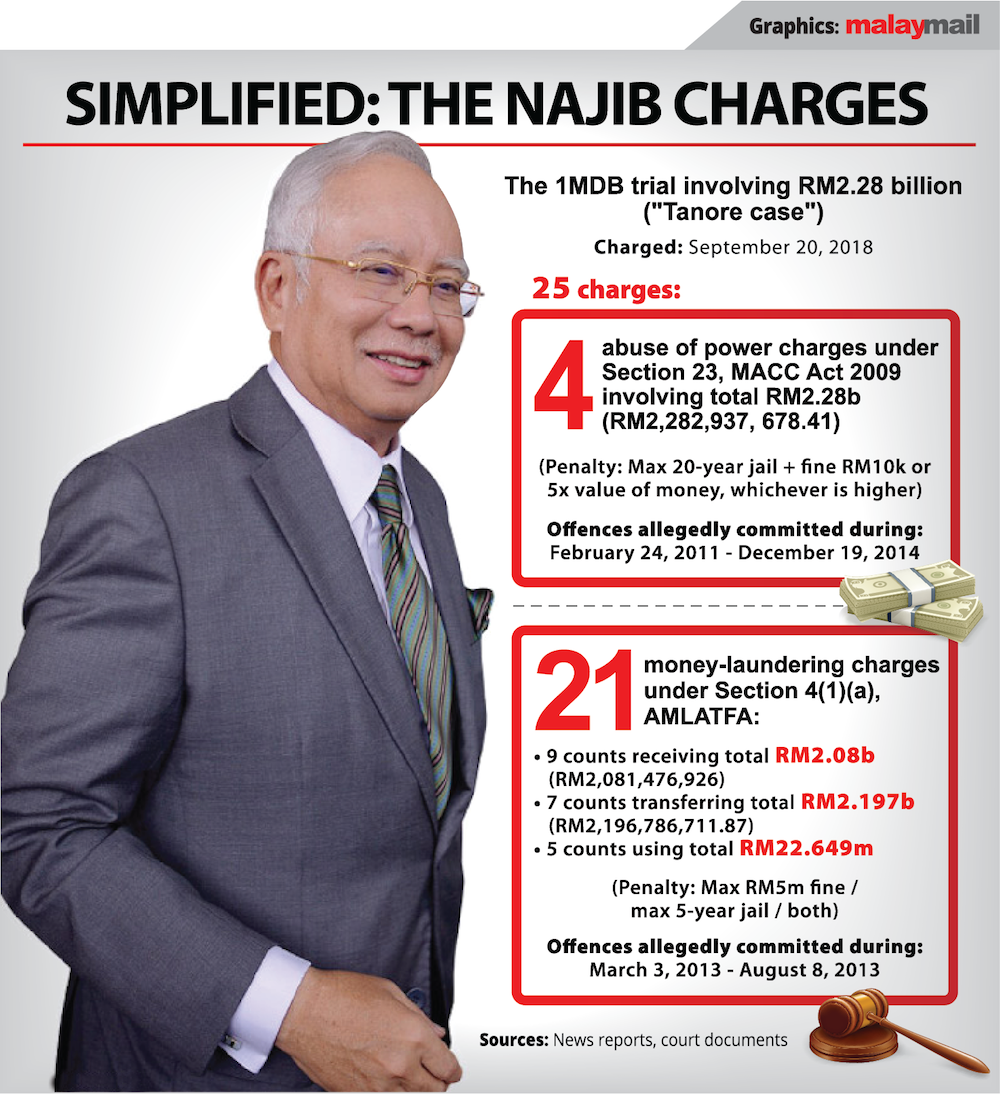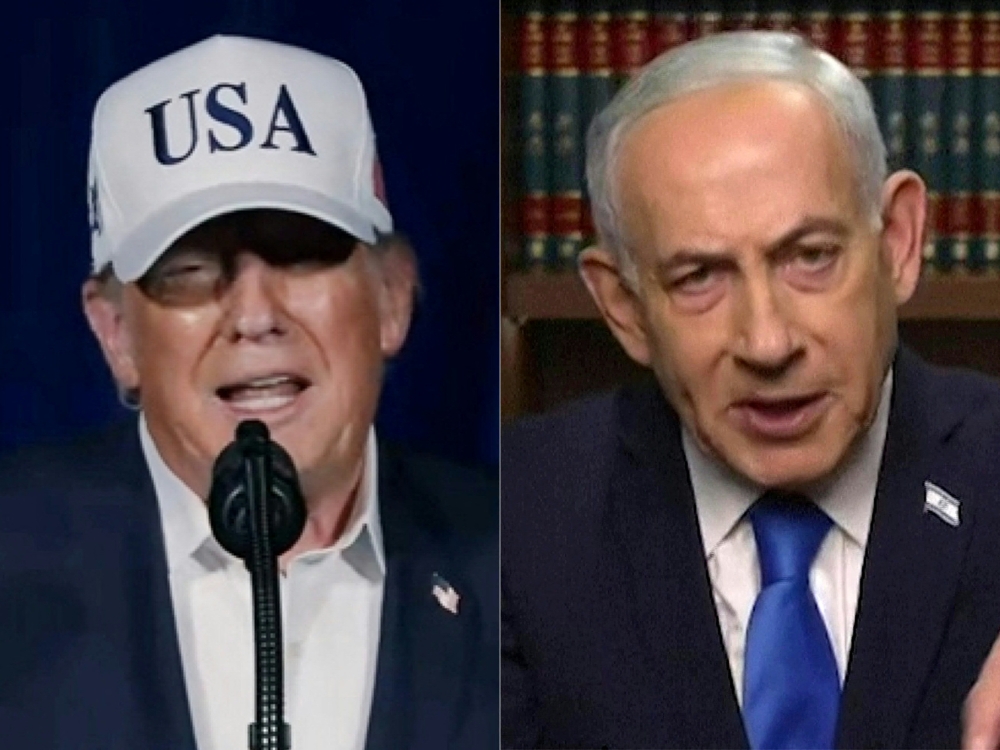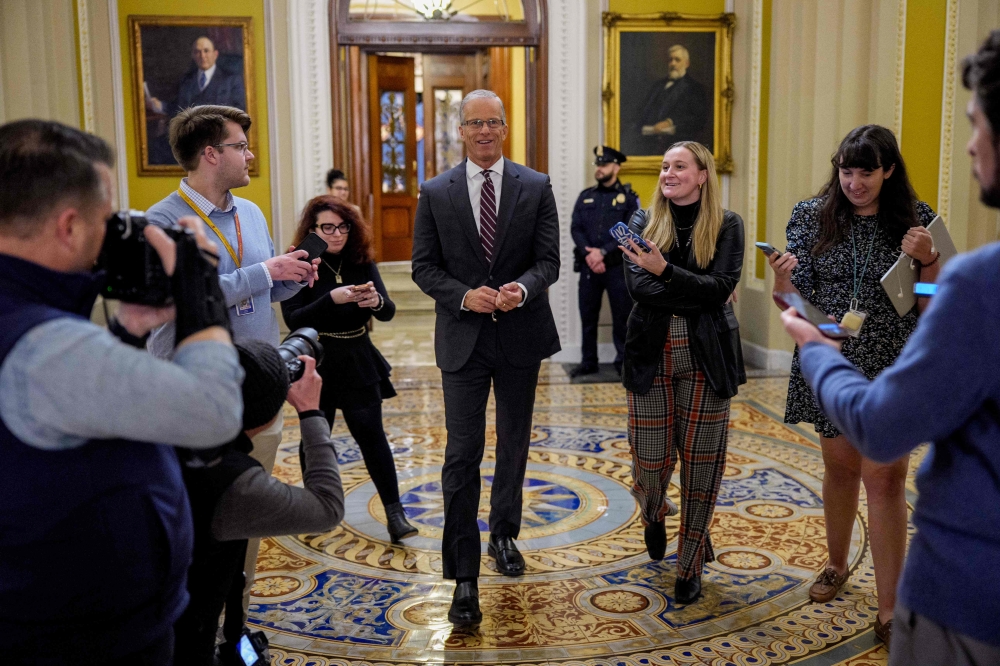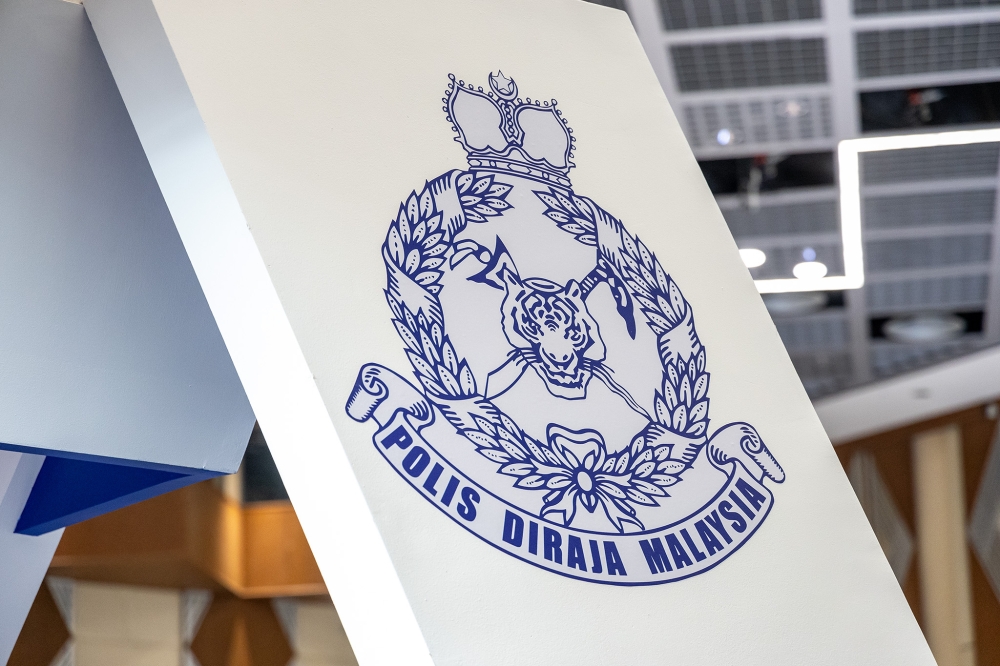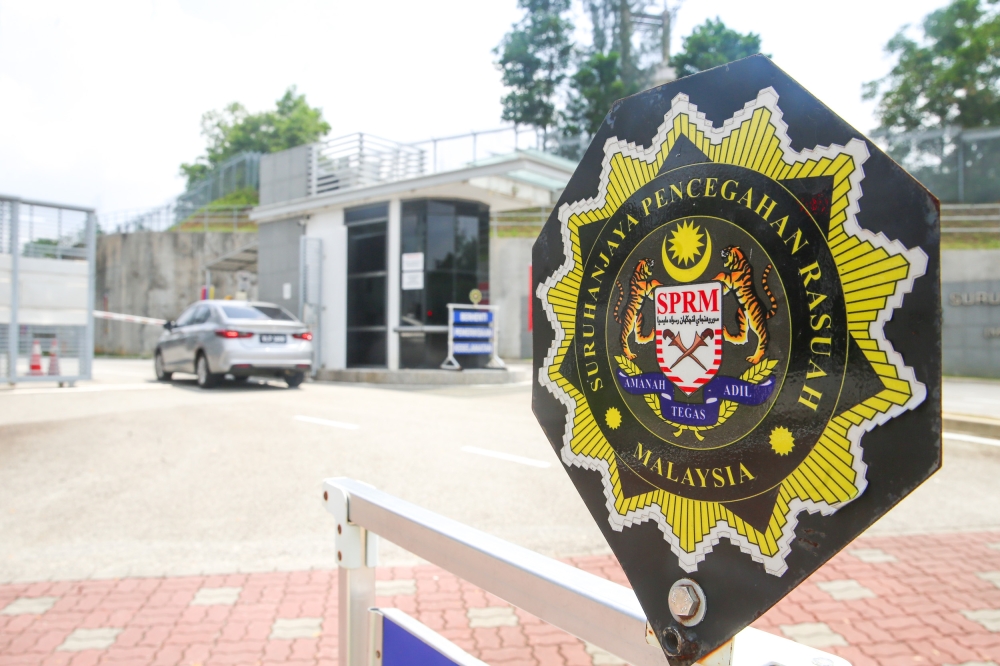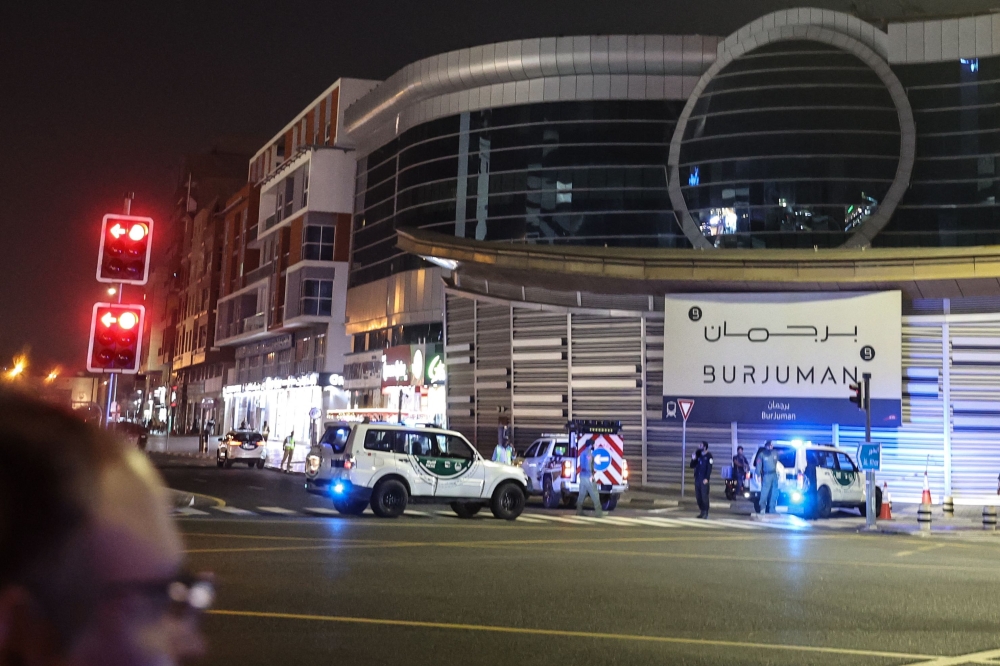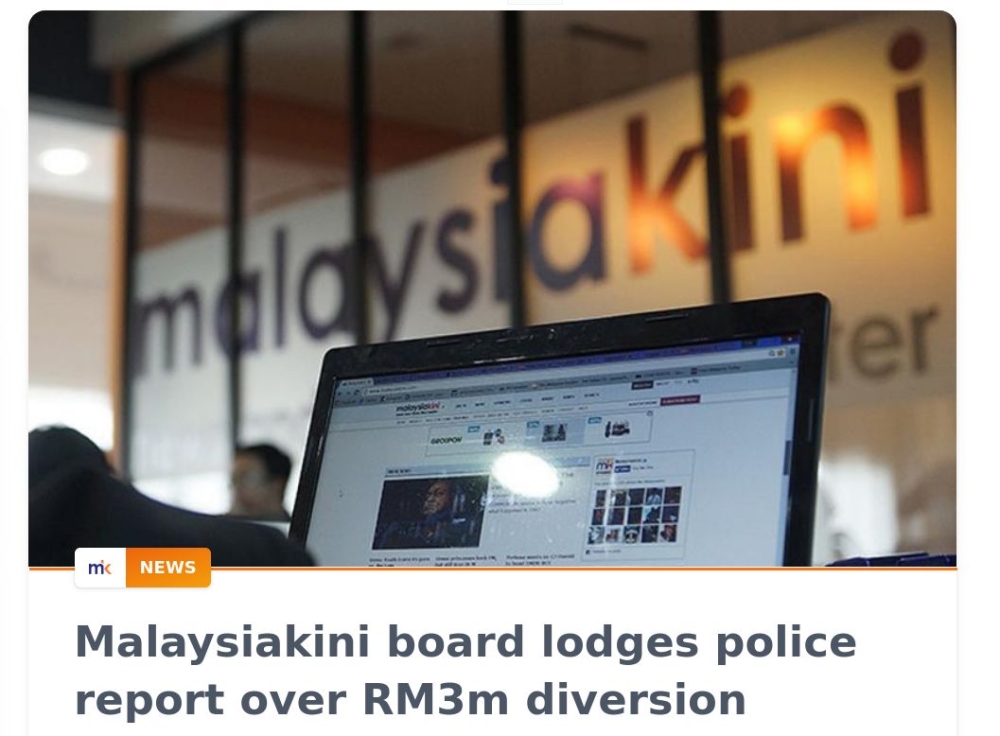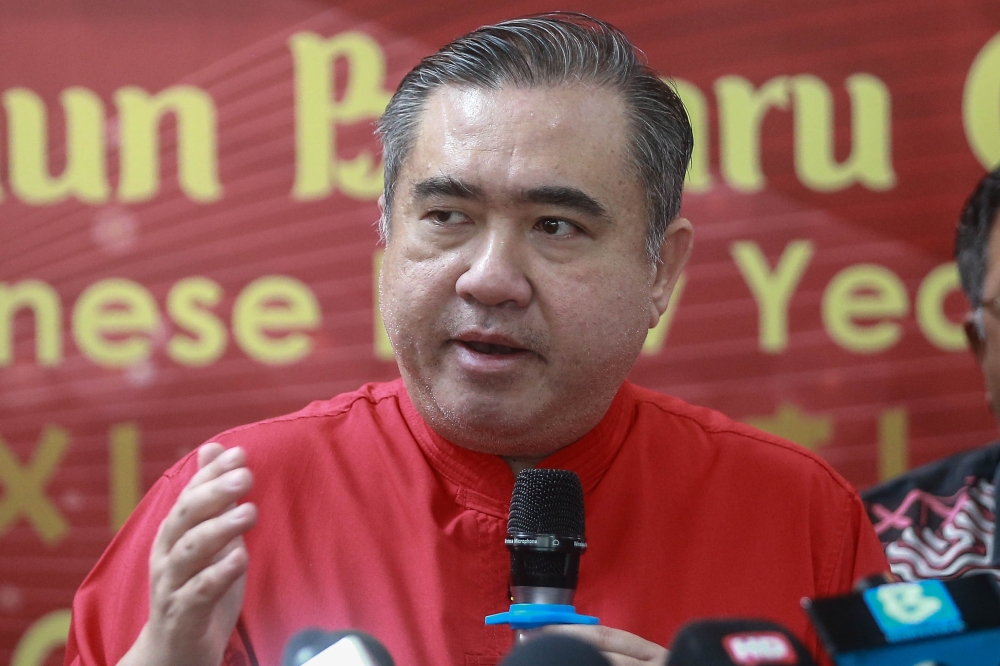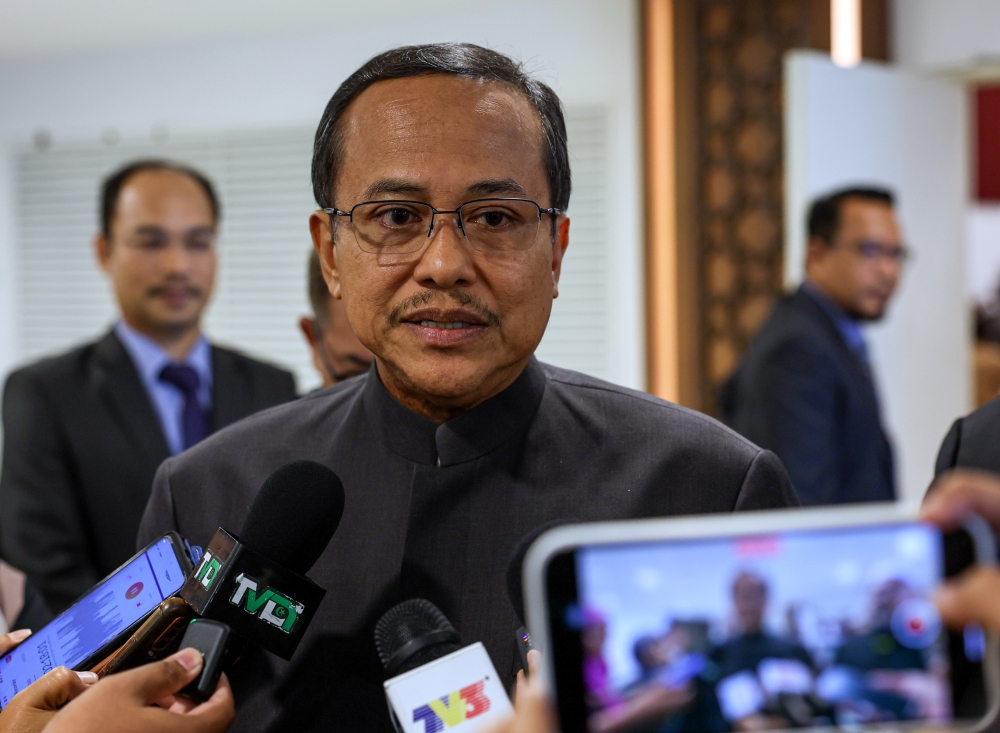KUALA LUMPUR, Nov 10 — Datuk Seri Najib Razak had not known that US$2.3 billion (RM9.5 billion) that the government-owned firm 1Malaysia Development Berhad had purportedly invested overseas was actually a worthless and sham investment, his lawyer claimed in court today.
Najib’s lawyer Mardhiyah Mohamed Sirajkumar said this while cross-examining former 1MDB CEO Mohd Hazem Abd Rahman, who was testifying as the 10th prosecution witness in Najib’s trial involving more than RM2 billion of alleged misappropriated 1MDB funds.
Hazem however disagreed with Mardhiyah’s suggestion. He also refused to answer on Najib’s behalf when asked for his opinion on what Najib knew or had in his mind or intended to do with his actions.
Mardhiyah today focused on events that took place in 2013, when 1MDB’s audit firm KPMG was still pressing the company to provide sufficient information on the underlying assets and valuation of assets for the alleged US$2.3 billion investment, before it could sign off on 1MDB’s financial statement for the financial year ending March 2013.
By December 2013, KPMG was still asking for such information as it had yet to be given such details which it had requested for since April 2013, and had still not signed off on the financial statement.
Focusing on a December 15, 2013 meeting between KPMG and Najib in Najib’s house over the US$2.3 billion investment, Mardhiyah noted that meeting minutes showed that KPMG’s representative Datuk Johan Idris had said the auditors were not imposing additional requirements for the 1MDB audit and that the information provided then was still insufficient to conclude the audit according to international standards.
KPMG had wanted direct information from Hong Kong-based fund manager Bridge Partners International Investment Limited which was purportedly managing the US$2.3 billion “investment” for 1MDB, and said the indirect information via a status confirmation from the investment’s alleged custodian BSI Bank Singapore was not enough.
At one point, Mardhiyah suggested that the way Najib had asked how 1MDB would be able to provide the information requested since Bridge Partners said it could not be disclosed due to the law and trade secrets indicated that Najib was “acting based on the recommendation and advice” of 1MDB’s management and board of directors when he said that, but Hazem said: “I can’t answer on his behalf.”
Hazem acknowledged that 1MDB did brief Najib about the situation. But he said that Najib was “entitled to make his own recommendation”. He disagreed that Najib was acting based on his recommendation.
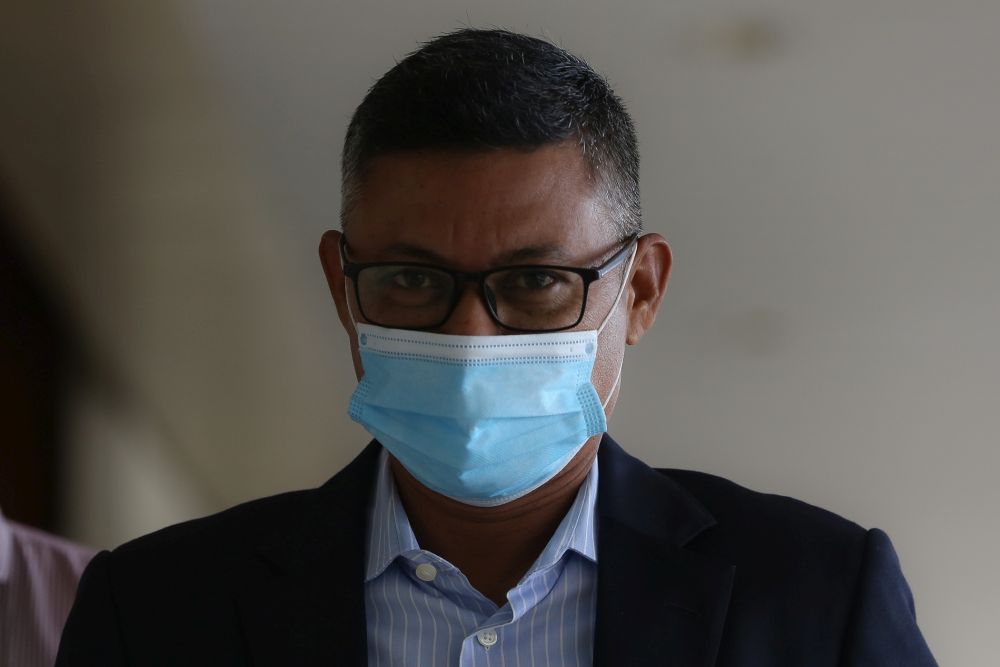
Mardhiyah noted that Najib was stated as having in the December 2013 meeting requested 1MDB to speak to Bridge Partners to provide the required information to KPMG in order for the audit to be completed, with Hazem then agreeing that this shows Najib was trying to find a solution on how to obtain the information.
Hazem said he had no comment when repeatedly asked by Mardhiyah if Najib was acting within his scope as 1MDB shareholder to direct 1MDB management to help KPMG or whether it showed Najib was supporting KPMG’s request to get the information.
Mardhiyah then noted Najib had in the same December 2013 meeting then asked KPMG to fly to Hong Kong -- where Bridge Partners was based.
“I put it to you that if Datuk Seri Najib knew this entire management was a sham, he would not have directed KPMG to fly to Hong Kong to carry out the audit,” she said.
Hazem replied: “I have no comment.”
Mardhiyah then asked: “Datuk Seri Najib was telling KPMG to fly to Hong Kong to get the necessary comfort to complete the auditing, and that shows Datuk Seri Najib did not know the fund was a sham, the fund was worthless.”
“I disagree,” Hazem replied.
Hazem also said he had “no comment” when Mardhiyah continued to suggest that the comments made by Najib in the December 2013 meeting allegedly showed that Najib did not follow Low Taek Jho’s instructions via written talking points, or when the lawyer suggested that Najib was “practising corporate governance and suggested the right thing to do” instead of “sugarcoating” the situation according to Low’s instructions.
Hazem later also said he had “no comment” when Mardhiyah suggested that Najib had allegedly “still acted independently based on his judgment and based on what’s in the best interest of the company” when he attended the meeting with KPMG on December 15, 2013.
Mardhiyah had claimed Najib acted independently despite having been briefed by Low and BSI Bank Singapore’s managing director Yak Yew Chee on the US$2.3 billion investment, and despite the possibility for him to instead tell KPMG that the information provided is sufficient for the audit to be concluded.
Hazem also disagreed with the suggestion that the December 2013 meeting minutes would allegedly show Low does not have direct access to Najib, while also disagreeing with Mardhiyah’s attempts to suggest that Hazem was the one who had direct access to Low as he had attended meetings with others in Low’s house.
Hazem also disagreed with the suggestion that meetings where Low and 1MDB officials met with Najib would not need to be arranged if Low had direct access to Najib and if Low could directly brief Najib, and continued to insist that anything that came from Low is from Najib.
Low is popularly known as Jho Low, a man whom Hazem had previously described to be the trusted right-hand man, proxy and special adviser for Najib for 1MDB affairs.
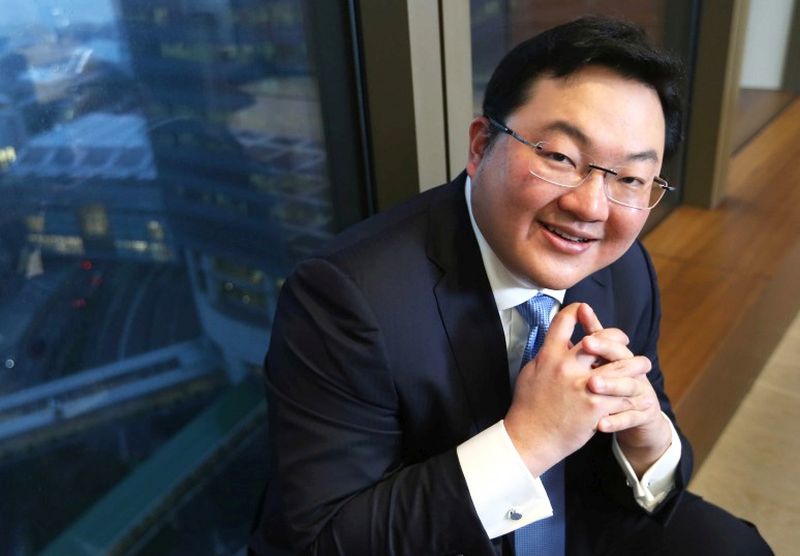
Among other things, Hazem had explained that 1MDB management cannot create the documents requested by KPMG and the documents are from a third party over which 1MDB has no control of, disagreeing that he had failed to do what Najib as the prime minister requested or that he had allegedly failed to take any steps as 1MDB’s head to ensure the completion of the financial statement.
When asked whether he would have thought to travel to Hong Kong to get the information requested by KPMG, Hazem said: “No. If the third party is not going to release the information, you go there and sit there, they don’t want to give, what’s the point?”
Hazem confirmed that he did not voice his suspicions to KPMG about the US$2.3 billion investment possibly being worthless and said this was for KPMG to audit.
While Mardhiyah noted that Hazem had previously testified that Low was indirectly instructing for lies to be told to KPMG and with Mardhiyah suggesting that concealing or withholding information would also amount to lying, Hazem explained that the information and documents given in 2013 to KPMG were not misleading as they were all true and genuine documents, but said it was merely a situation of the documents being insufficient for KPMG to complete its audit.
Hazem denied being part of a criminal scheme with Low, disagreeing that he had lied to KPMG and insisting that he was only following the instructions by Low on 1MDB matters.
Hazem later agreed with Mardhiyah’s suggestion that a December 31, 2013 special notice from then finance minister Najib for 1MDB directors to hold a general meeting to decide on removing KPMG was a “mere formality” based on Section 172(4) of the Companies Act, also agreeing the decision to remove KPMG is ultimately still within the decision of 1MDB management and board.
He also agreed with Mardhiyah’s suggestions that a December 31, 2013 1MDB directors’ circular resolution showed that it was 1MDB’s audit and risk committee that suggested Deloitte as the replacement auditor, and also agreeing that the resolution showed a mutual agreement between 1MDB and KPMG for KPMG to be immediately removed as auditors.
Hazem also agreed that the resolution did not state that Najib had requested for KPMG to be removed as 1MDB’s auditor, agreeing that Najib would have acted based on the advice of 1MDB management and directors for KPMG to be removed.
With KPMG yet to close its audit of 1MDB’s 2013 financials due to continued dissatisfaction with the documents and answers provided, KPMG was removed and replaced by Deloitte KassimChan as auditor for 1MDB.
Mardhiyah had yesterday said that 1MDB’s audited financial statements for the financial years 2011, 2012 and 2014 were all submitted within the same year, except for the financial statement for 2013 which was only submitted on March 28, 2014 when the allowed period to submit to the Companies Commission of Malaysia is up to seven months.
The trial is set to resume tomorrow, with 1MDB former chief financial officer Azmi Tahir expected to take the witness stand as the next prosecution witness.
Lead prosecutor Datuk Seri Gopal Sri Ram is expected to re-examine Hazem on Monday as Sri Ram would be available then, while Najib’s lawyers have also asked for his lead defence lawyer Tan Sri Muhammad Shafee Abdullah — who is now in New York — to be allowed to ask further questions to Hazem if required.
High Court judge Datuk Collin Lawrence Sequerah indicated that Shafee could apply to recall Hazem later if needed.
